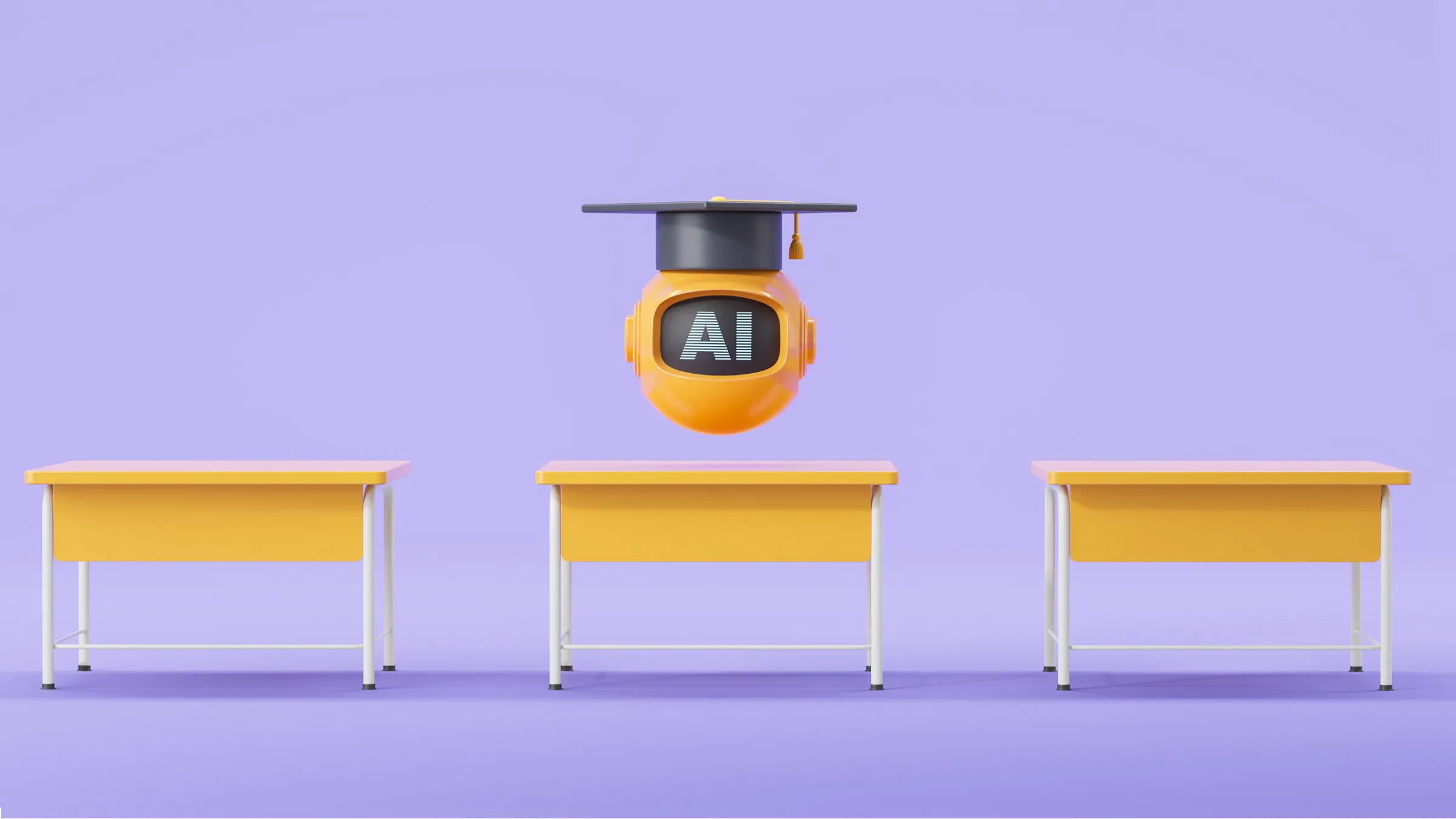
"Messy Futures: Culture, Technology and Research" was the title of Genevieve Bell’s opening plenary speech at CHI 2010, and for the leadoff address at a conference on human-computer interaction, Bell’s talk was apt as it gave the attendees a plethora of facts and ideas to consider—or reconsider.
First, one needs to understand that Bell is an anthropologist at heart (she got her Ph.D. on the subject from Stanford University) and a fellow in the Digital Home Group at Intel and director of its User Experience Group (which focuses on consumer-centric product innovation). Therefore, her talk was largely an anthropologist’s investigation of human-computer interaction in an increasingly urban, hyper connected, and everything’s up-for-grabs world.
Bell used slides of often-humorous photos to illustrate the larger ideas or problems she was discussing. One of her first slides was titled "Real Consumers?" and showed an extended Western family in the tidy and elegant living room of an apparently middle-class or upper middle-class home, watching TV. Everyone in the family is not only breathtakingly photogenic, but is also smiling and/or laughing (the proverbial One Big Happy Family). It’s an idealized image, of course; 10 members or so of two different sexes and three generations are watching the same show and enjoying it. After Bell pointed out some of the humorous absurdities of the photo ("Who in their right mind, when they have children, buys a white sofa?"), Bell contrasted it with another consumer photo: a middle-aged Asian man sitting alone in a small, cluttered apartment–his shirts and other clothes are hanging from a metal bar in front of the room’s single window, a half-dozen remote controls are scattered around the room, and various technological devices, including a foot massager, are competing for his attention—watching TV. Unlike the idealized world of the extended One Big Happy Family, the image of the Asian man alone, slouched on his couch represents to Bell one of the messy futures that will soon be a reality.
While many of the attendees at CHI 2010 are more familiar (and presumably comfortable) with the world of the idealized happy family, Bell noted some of the demographic shifts that are rapidly transpiring in the world (and represented by the image of a solitary urban man watching TV). First, there’s the trend of continuing urbanization; within the next 5-10 years, Bell noted, the majority of the world’s population will live in urban areas. Also, while some populations in wealthier nations, such as Australia (where Bell’s from) and America, tend to live in large, freestanding homes, the world’s population increasingly lives small apartments or shared homes, which is a profound lifestyle shift. Likewise, while many companies tend to focus their attention on creating technology for today’s youth, it’s the older generations who comprise the majority of the world’s population, and so technology should be more geared toward that demographic. Likewise, while women have been progressively joining the work force, this trend will only accelerate, with lasting societal impact, in the coming years.
Not only are profound and apparently lasting demographic changes underway, but technology is also changing, or it is not changing in the ways that had been expected. Some of the technological effects Bell noted:
The Internet
In 1998, Americans represented 75% of the world’s users of the Internet; today, they are 15%. As the nonwestern world continues to come online, this will have "profound consequences for the ideological basis of net." Similarly, the Internet continues to technologically evolve, as a source of data, a connectivity backbone or stream for mobile devices, consumer electronics, personal health devices, smart electricity meters, and cityscapes.
Television
The Internet was supposed to negatively affect TV watching, but this has not happened, Bell pointed out. In fact, younger people are spending more time watching TV today than they are spending online. Likewise, Bell asserted that, contrary to the aspirations of the electronics industry, "the TV is not a PC waiting to happen."
Convergence and Device Complexity
Unlike what some authorities predicted, convergence hasn’t occurred and there is not one ruling device for all of the technological tools in one’s life. One of the themes of Bell’s talk was the sheer complexity that is affecting ordinary consumers and how they are grappling with multiple devices and networks. "When something breaks," Bell said, "it’s not always clear what’s wrong." She noted that in Egypt it’s now common for middle-class families, in addition to employing a gardener, to hire an IT guy who handles the technological devices in their lives.
New Anxieties
People’s worries have shifted during in the last 5-10 years, with their concerns increasingly centering on privacy, reputation and self image, and authenticity and trust. People are worried about a lack of personal privacy, caused by technology’s intrusion in their lives. There’s also concerns about authenticity and trust, and whether people can trust what they’re being shown and whether it’s real.
Topics to Study
Before concluding her speech, Bell discussed some topics that she thinks are important, worthy of additional research, and under investigated by the computer science community. They included:
Religion
Religion is a big adapter of technology, and religious authorities influence people’s use of technology ("Should you give up text messaging for Lent?") and technology affects religious individuals’ personal behavior ("On the Jewish Sabbath, under what circumstances—and how–is it permissible use my iPhone?")
Government
A profound societal change is underway as governments slowly embrace Web 2.0 and grapple with how to they should interact and communicate with the public, to say nothing of their use and deployment of their enormous datasets of public information.
Sex
Bell mentioned the industry truism that if a commercial device is a good vehicle for watching pornography, it will be a mass commercial success. Yet, she noted, very little research is being conducted on technology’s impact on sex, such as relationships, romance, and sexual practices.
Sports
Sports is a huge part of society, and it’s a leading force for technological innovation and has a major impact on technology companies (some 40% of American households, for example, say they upgraded to high definition TV because it’s better for viewing sports); however, Bell conducted a literature search of what’s been written about technology and sports and found that very little is being written on it.
Bell ended by encouraging the CHI 2010 audience to recognize and communicate with different communities, appreciate and understand its obligations, and relish its unique situation of having "the tools to affect the future. We’re at this incredibly exciting moment in history."
Jack Rosenberger is senior editor, news, of Communications.



Join the Discussion (0)
Become a Member or Sign In to Post a Comment